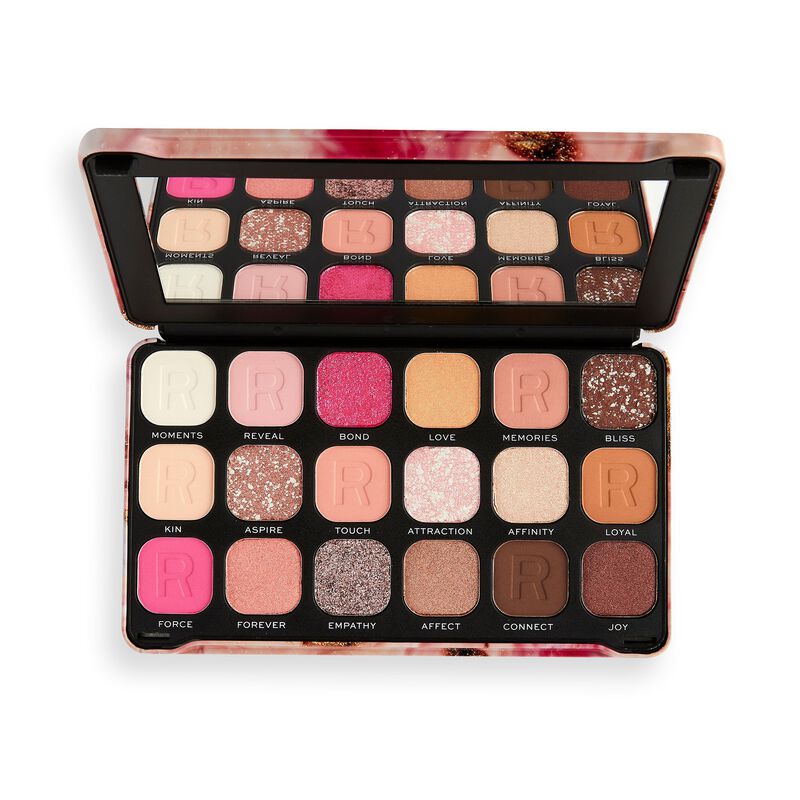



“ a tool that scientists and clinicians around the world are using to understand our genetics, the genetics of all living things, and - most importantly - to intervene in genetic disease.” “ may reject them, or the donor cells might attack the recipient.”īut with the development of CRISPR (which stands for clustered regularly interspaced short palindromic repeats), new opportunities for treatment using the patients’ own cells have opened up. “You’re running into risks of introducing foreign cells into a recipient,” Mapara says. “It has a huge impact on their quality of life and well-being.”Īt the moment, a bone marrow transplant from a healthy donor is the only curative option, but this approach can have severe complications. “This is a huge health problem for these patients,” Mapara says. The abnormal cells take on a sickle, or curved, shape, which can clot within narrow blood vessels. Sickle cell disease, which currently affects about 100,000 people living in the United States and millions worldwide, is the result of a genetic mutation that produces an abnormal type of hemoglobin, the protein that red blood cells use to deliver oxygen throughout the body.

“ doing phenomenally well,” says Mapara, who is a hematologist, oncologist, and blood transplant physician. It has been more than a year since Markus Mapara, MD, a professor of medicine and director of blood and marrow transplantation at Columbia University Irving Medical Center in New York, first used an experimental CRISPR gene-editing treatment in a patient with sickle cell disease, an inherited blood disorder that can cause severe pain, organ damage, and premature death.Īlthough the clinical trial is still in early stages and has only been tested in a few patients, so far, the results are promising.


 0 kommentar(er)
0 kommentar(er)
